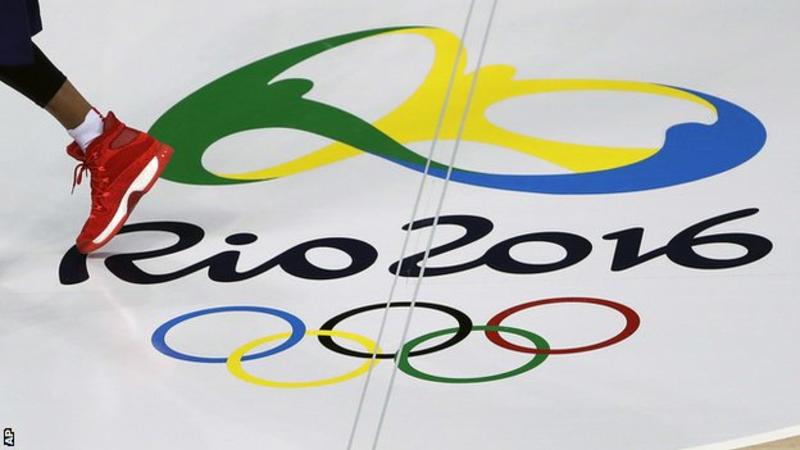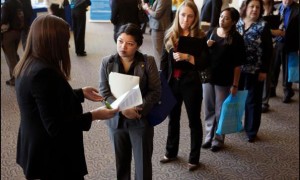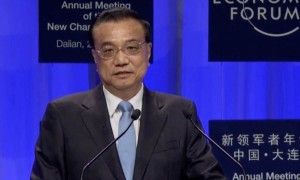导读:世界反兴奋剂组织Wada近日发布了一份重磅报告,抨击2016里约奥运兴奋剂检查方法存在问题,称其是“重大失败”。

The World Anti-Doping Agency said many athletes who had been targeted for testing "simply could not be found".
世界反兴奋剂机构Wada表示说,许多要做兴奋剂检测的目标人物“根本找不到”。
It added that, on some days, "up to 50% of tests were aborted".
Wada补充说道,在某些时候“高达50%的检测是失败的”。
Its 55-page Independent Observers report found that, of the 11,470 athletes, 4,125 had no record of any testing in 2016, of whom 1,913 were competing in 10 "higher-risk sports".
Wada的独立观察员发布了一份55页的报告,报告显示在全部11470名运动员中,有4125名运动员在2016年根本没有任何兴奋剂检测记录,其中1913名运动员参加的是10大“(兴奋剂服用)高风险体育项目”。
It also said:
Wada同时指出:
nearly 100 samples were not matched to an athlete because of data entry errors
由于数据输入出错,有近100份检测样本找不到匹配运动员。
one missing sample was not located until two weeks after the Games
一份检测样本失踪,直到比赛结束两周之后才被找到。
there was little or no in-competition blood testing in many high-risk sports and disciplines, including weightlifting
在包括举重在内的许多(兴奋剂)高风险体育项目中,都没有、或者很少对比赛中的运动员进行血检。
there was no out-of-competition testing conducted in football, which Wada found "surprising"
在举行足球比赛的间歇期间没有进行兴奋剂检测,Wada认为这非常“令人惊讶”。
there were almost 500 fewer tests conducted than organisers had planned during the games.
在比赛中进行的兴奋剂检测次数要比主办方一开始计划的少差不多500多次。
without the dedication of doping-control staff, "the anti-doping program would have almost certainly collapsed"
Wada指出,没有兴奋剂管控人员的献身精神,“反兴奋剂工作几乎肯定会崩溃”。
as of 8 August, only 4,795 athletes were providing whereabouts information in the anti-doping system
截止8月8日为止,只有4795名运动员向反兴奋剂系统提供了他们的行踪信息。







